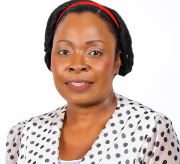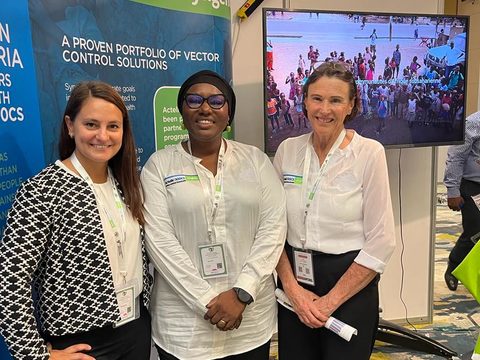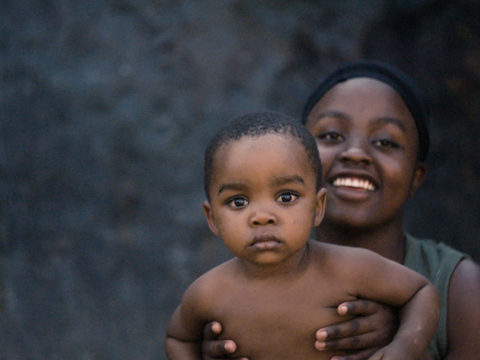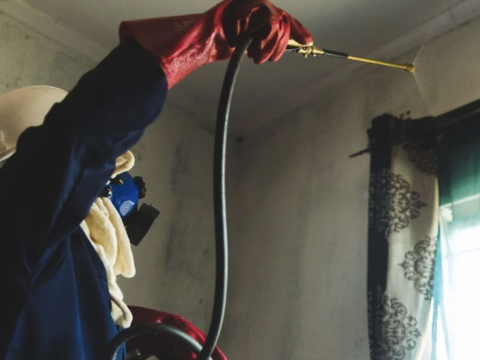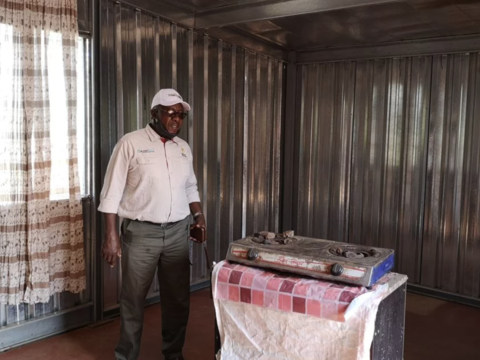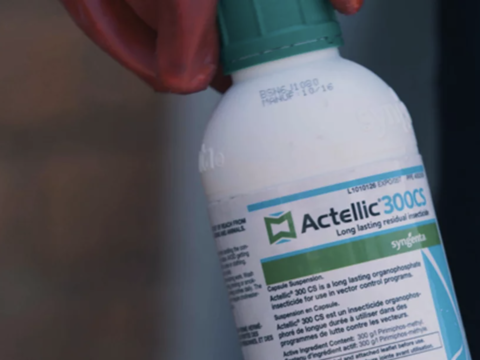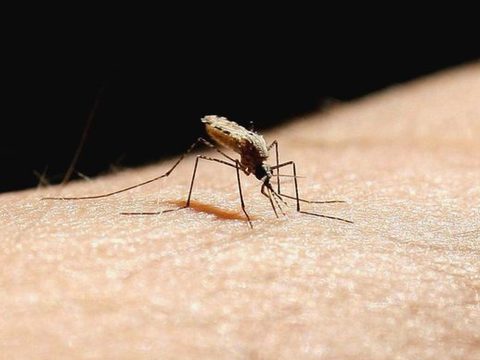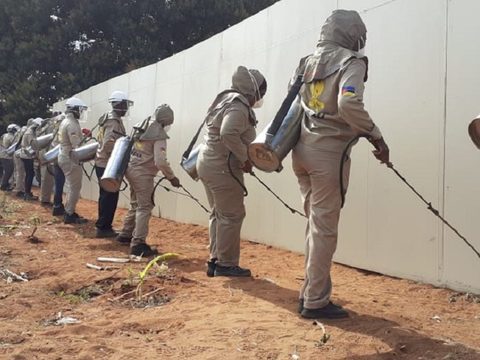World Malaria Day 2024: Dr. Nzooma Shimaponda-Mataa discusses fighting for an equitable future
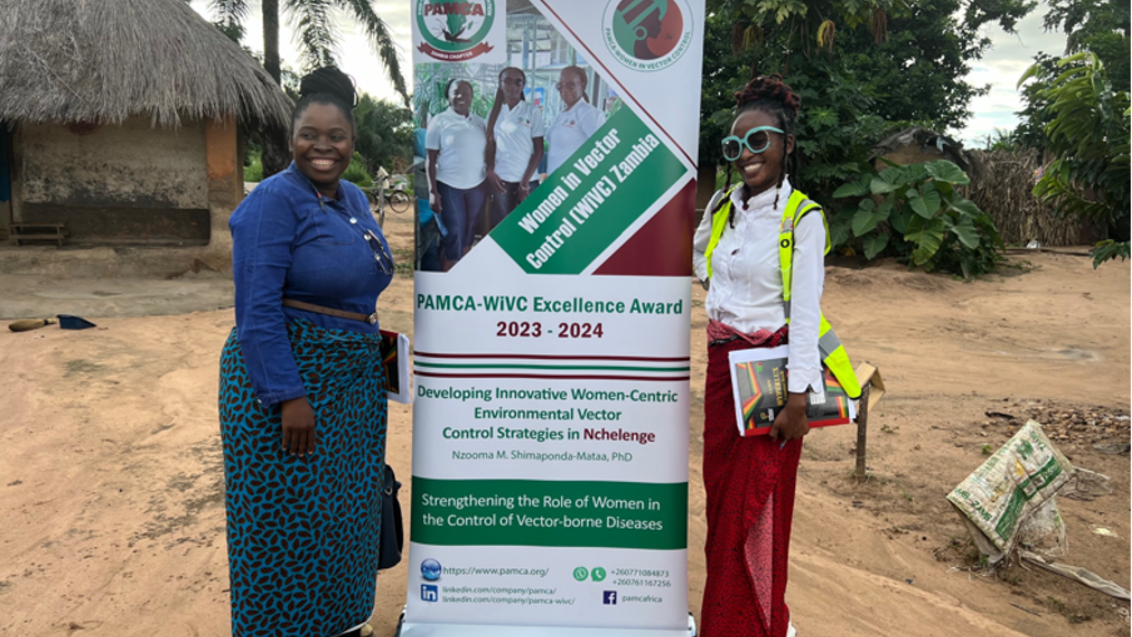
Dr. Nzooma Shimaponda-Mataa and Ograce Namwawa, Environmental Health Technologist in Nchelenge
Every April 25th, the world unites to recognize World Malaria Day. This year, we’re reflecting on "Accelerating the fight against malaria for a more equitable world" and how to address the urgent need to help at-risk groups accessing malaria prevention, diagnosis and treatment. We spoke with Nzooma Shimaponda-Mataa, Ph.D., medical parasitologist, lecturer and researcher at the University of Zambia, to discuss how we can contribute to a malaria-free future that leaves no one behind.
What does World Malaria Day mean to you?
World Malaria Day holds significant meaning and a dear place in my heart because it is a time of global commitment to fighting malaria, a disease of critical public health concern. On this day, all stakeholders can show solidarity as we review the progress we’ve made in malaria treatment, prevention and control and acknowledge the challenges that still lie ahead.
Commemorating this day is also a call to action—an opportunity to raise awareness about malaria and advocate for continued innovation. And on a personal note, this day calls me to reflect on how important my role is for contributing to the goal of reducing the burden of malaria worldwide.
What are some challenges women face in vector control?
As a medical parasitologist and researcher, I have been on the ground in high malaria transmission zones in Zambia and have witnessed firsthand the challenges women face in these communities.
Women are often deliberately not involved or invited to participate in malaria prevention efforts. It’s a very male dominated field. Unfortunately, women also lack esteem because of their level of education and are sidelined because of illiteracy. However, I’ve found that they are generally knowledgeable about malaria and they carry the important role of nursing their family members, even though they suffer from malaria at a higher magnitude compared to men.
What steps do you think we need to take for greater equity in vector control?
We must make deliberate efforts to include women in vector control, not just on the ground, but in decision-making bodies related to vector control, such as community task forces in villages and steering communities for women in urban areas. We want to see more women planning and implementing vector control programs.
I applaud the general support given to girls worldwide but suggest that support is also extended to women at home and in the community. Let’s empower the elite and literate as well as the vulnerable and illiterate because knowledge and participation in our work is critical regardless of education level.
***
Syngenta is committed to accelerating progress towards a malaria-free world. Together, we can achieve a more equitable future.
Join the conversation on X with @SyngentaMalaria using the hashtag #WorldMalariaDay.
Dr. Nzooma Shimaponda-Mataa is a medical parasitologist, lecturer and researcher at the University of Zambia. She is a leader of Women in Vector Control Zambia, a group that falls under the Pan-African Mosquito Control Association (PAMCA), and a recipient of the 2023 PAMCA Mid-Career Excellence award for inclusion of women in leadership and decision-making. Her work seeks to bridge the gap between research and practice and empowers communities to take control of their health and contribute to the global effort to eliminate disease vectors.
She advocates for inclusion of women in leadership and inspires the next generation of health professionals.
